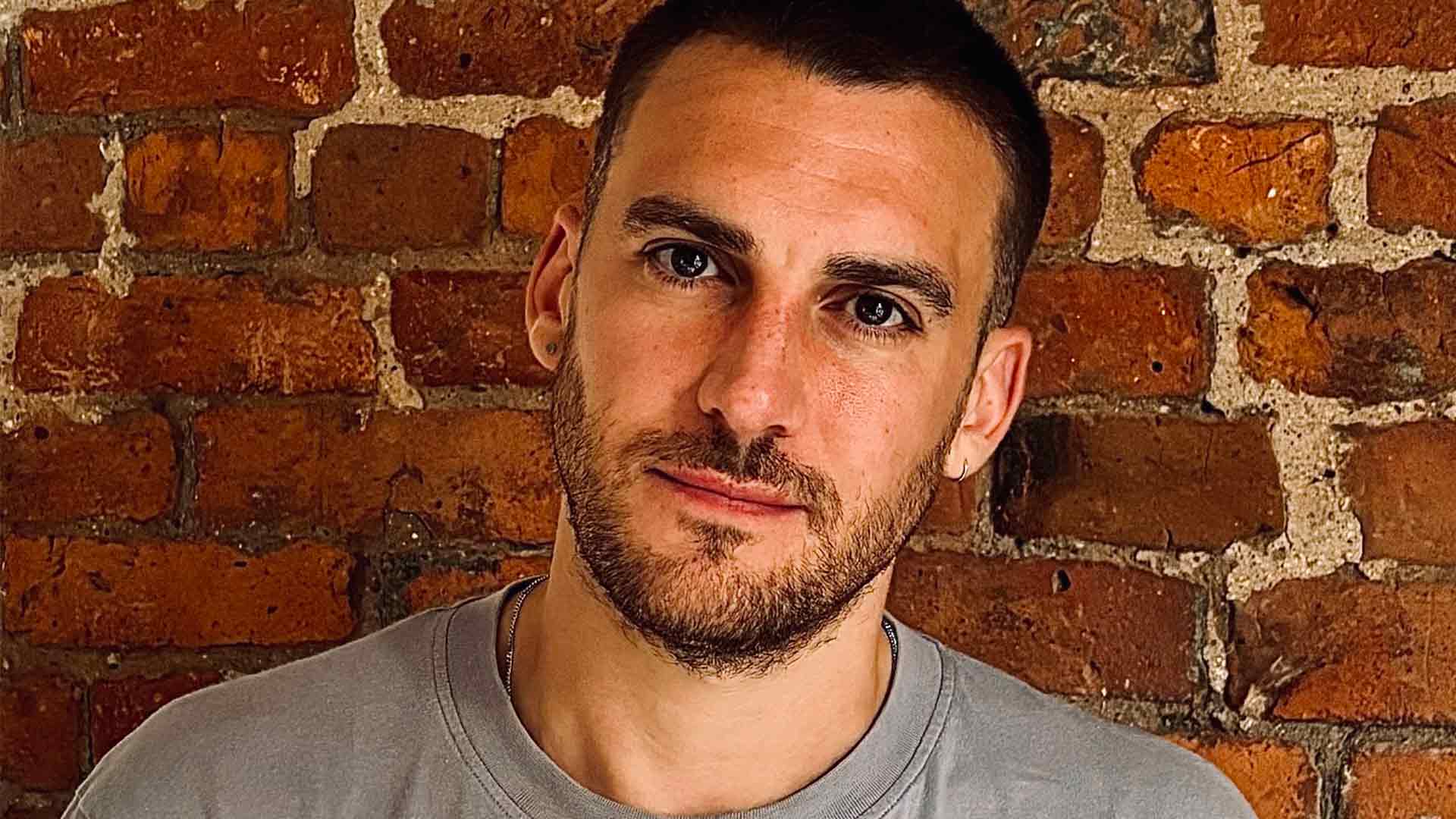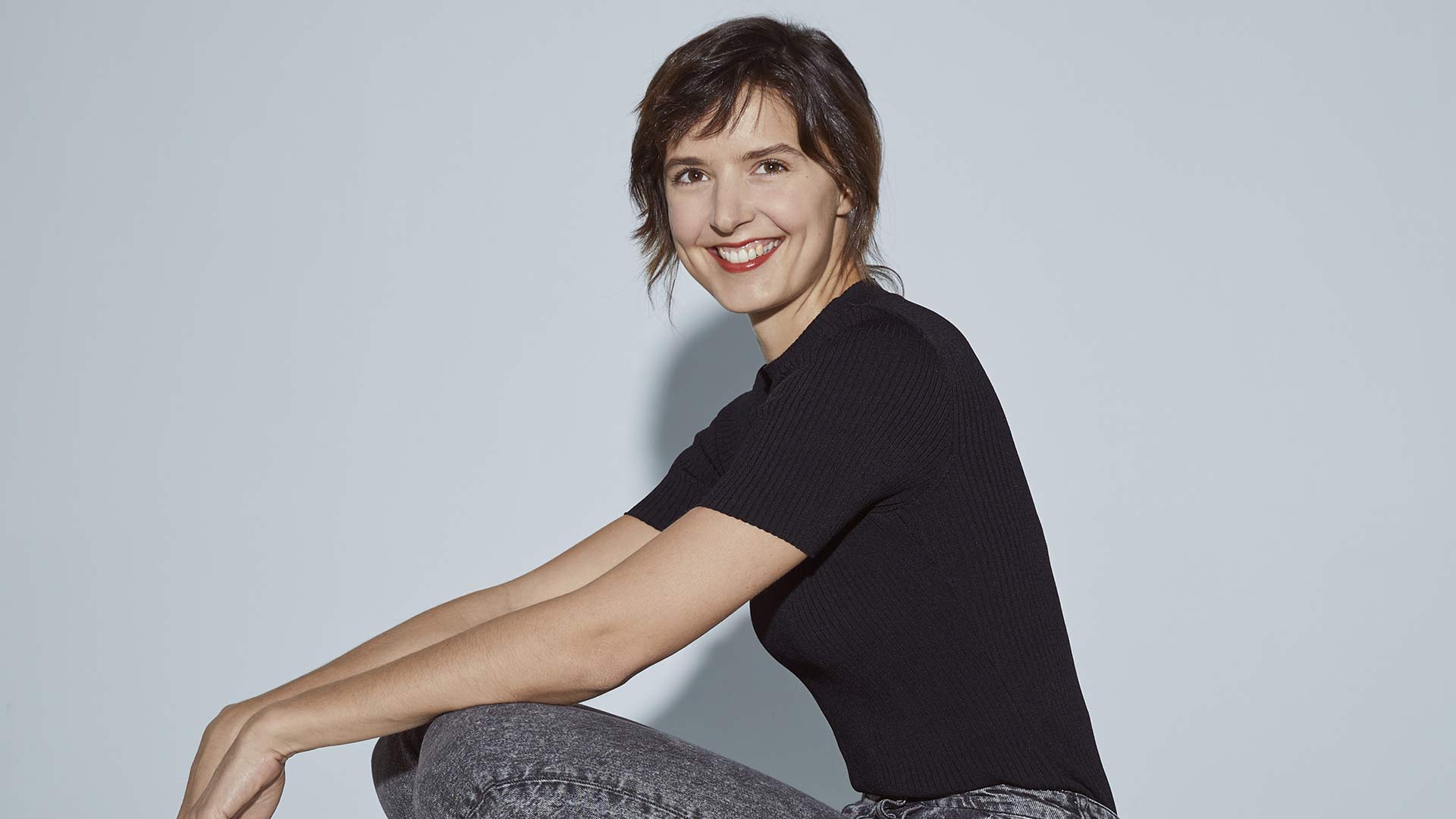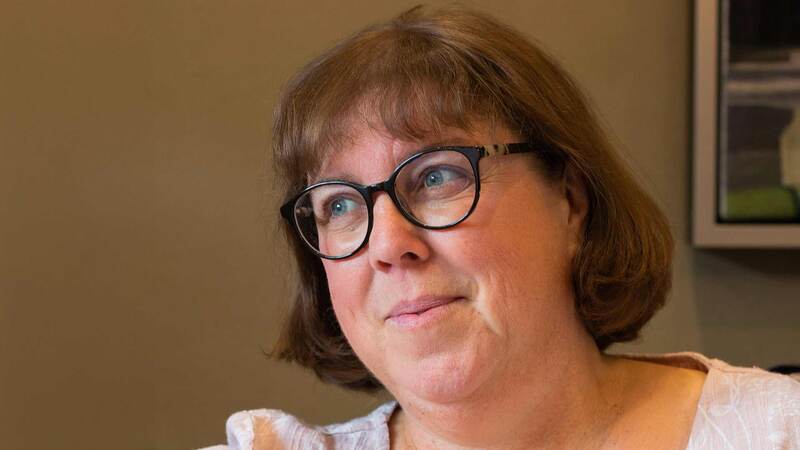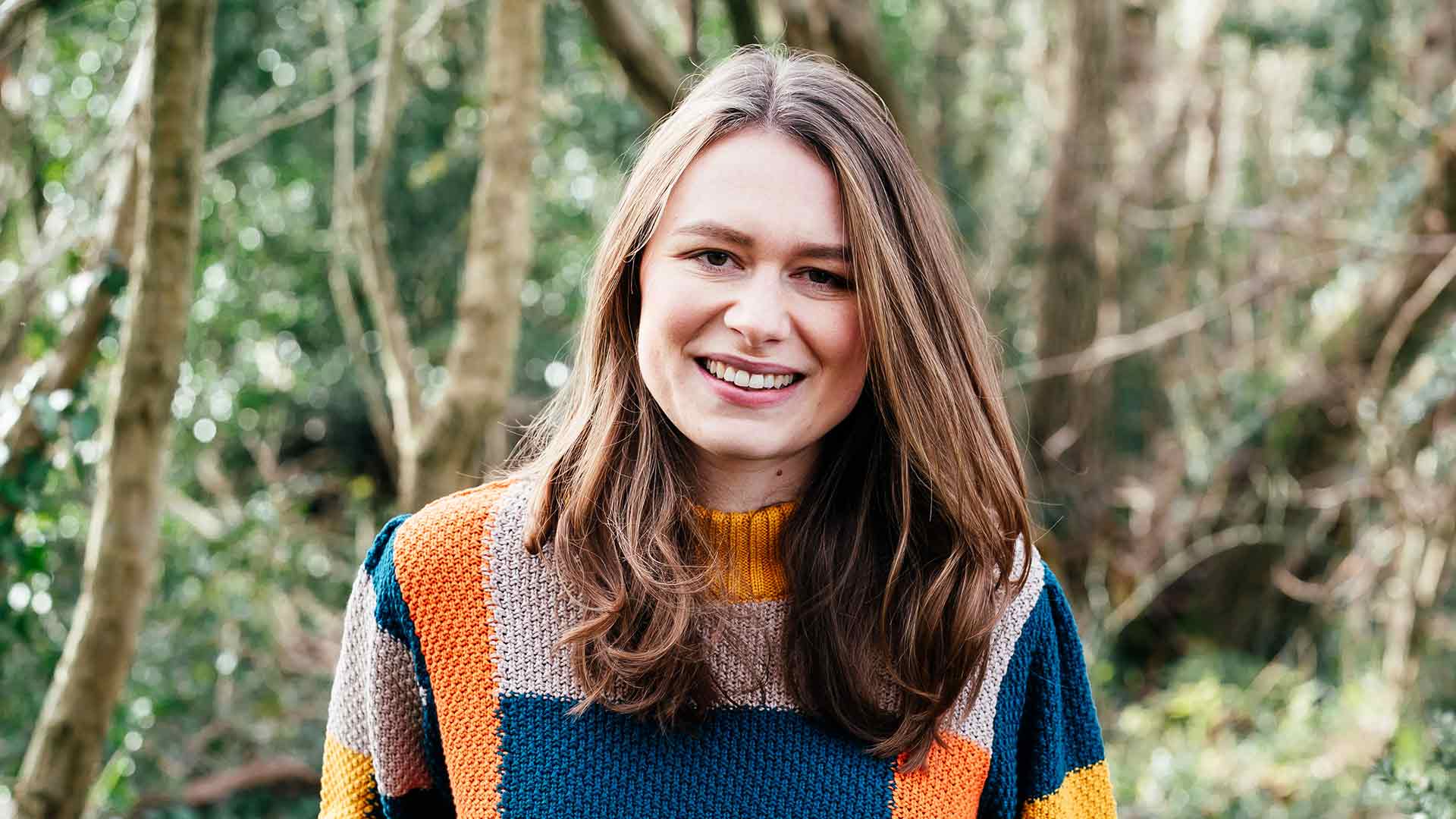You are viewing your 1 free article this month. Login to read more articles.
Josh Silver discusses his YA Book Prize shortlisted novel, HappyHead
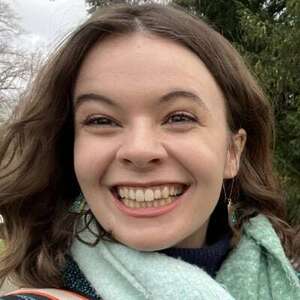
Katie Fraser is the chair of the YA Book Prize and staff writer at The Bookseller. She has chaired events at the Edinburgh International ...more
Josh Silver answers our questions about his dystopian novel HappyHead (Rock The Boat), which has been shortlisted for the YA Book Prize 2024.

Katie Fraser is the chair of the YA Book Prize and staff writer at The Bookseller. She has chaired events at the Edinburgh International ...more
What inspired the story?
I started writing these books while working as a nurse on a mental health inpatient ward for teenagers in the UK. I became angry. Not at the long shifts, or the work. I became angry at the system. The lack of support, the misunderstanding of patients’ words, the disregard of their views, the constant eye rolling from staff, the lack of funds, the toxic positivity that wouldn’t actually allow for any real listening and, most importantly, the lack of safety. From what I was seeing, many of the young people were struggling just as much in what was supposed to be a protective and therapeutic environment as the world that had come from. The system was broken, and I knew the young people felt like the help available to them was hugely limited.
As a young gay teenager, I struggled with my mental health (I still can). I found it hard to reach out. It ate me up, and was faced with the repercussions of that later in life. But now I wonder if the help was available—would it have done its job, or would I have actively tried to change who I was? Would I have been supported to be myself, or guided to fit the expectations of others?
I was on the ward one day, and I had just watched a group therapy session with the kids. I was a healthcare assistant back then, so did a lot of watching. The therapist was asking them to do some pretty odd things, like standing on one leg and pinching their nose for prolonged periods of time. The patients appeared sceptical. I certainly was.
One of the teenagers came up to me afterwards and said: "You could ask us to do anything in the name of therapy and we’d just have to do it to get out of this place."
I replied: "That sounds like the beginning of a dystopian book."
He said: "Write it. I’d read that."
So I did.
What do you want readers to take away from your book?
I want them to challenge the systems we live under, and I want them to be scared of how easily we as a society can fall in line.
Which character is your favourite, and why?
Couldn’t choose one, but always like to give a shout out to some of the more peripheral characters like Betty and Malachai, who feature more heavily in the second book.
What does being on this year’s YA Book Prize shortlist mean to you?
I’m incredibly grateful. The interesting thing is—for Seb [the main character], one of his main difficulties is constantly seeking external validation, and how unhelpful that can be. Being nominated for a book prize like this is more than just validation—it’s about much more than celebrating the nominated authors. This is about giving young people access to stories they may find themselves in. It gives young people the option to use language and written narrative as escapism, rather than phones or the internet. Books are so important as they allow us to fill the blanks with our own experience, our own feelings, which is what makes them so personal. I used to get angry when I saw people reading a book I loved because I would think—"No! Those characters are mine—you don’t know them like I do!"
I’ve never experienced that with things I’ve seen online. It’s very much a shared experience when digested like that. Books are far more private. Our own imaginations—the way our worldview has shaped that—add to the very individual and specific emotional pull to the story.
How do you think the YA genre has changed over the last 10 years?
With the growth of TikTok it’s boomed. The market has expanded, the stories have become more diverse, braver and more mature.
Why do you write for young adults?
Being a teenager is the period of my life I think back to the most. It was the toughest part in many ways, trying to accept who I was and see what my place in the world would be. Gaining autonomy and independent thought is where you start becoming your own person. I often wish I had been braver, or had been able to accept myself fully. But if I had, I would never have written these books. I hope others relate to the internal battle of trying to fulfil other people’s expectations of you, and being who you are. Adults seem to respond to that too. Perhaps reflecting on that part of life is something we all do, and that hindsight is relatable. I’m currently writing a book for adults, which is a lot of fun.
What was your favourite book as a teenager?
1984 by George Orwell, Great Expectations by Charles Dickens and The Handmaid’s Tale by Margaret Atwood.
What do you need around you when you’re writing?
Coffee. Music without lyrics.
What songs would be on a playlist for your book?
Oof. So many.
- "Sound and Vision" - David Bowie
- "Queen of Denmark" - John Grant
- "Shiny Happy People" - R.E.M.
- "HappyHouse" - Siouxsie and the Banshees
- "Afraid" - David Bowie
- "You Forever" - Self Esteem
- "Otherside" - Perfume Genius
- "You Feel So Lonely You Could Die" - David Bowie
- "Love Song" - David Bowie
- "A Day in The Water" - Christine and the Queen
- "Lost" - Frank Ocean
- "The Feels" - Labrinth
- "Scary Monsters (and Super Creeps)" - David Bowie
- "Light Years" - The National
- "Marz" - John Grant
- The whole "Gladiator" soundtrack
- "Dancing Queen" - ABBA
- "Never Felt So Alone" - Labrinth
- "Sliver of Ice" - ANOHNI
- "Falling" - HAIM
- "Disorder" - Joy Division
- "The Departure" - Max Richter
- "The Pull of You" - the National
- "Thank You Song" - FKA Twigs
- "Dream 1 (before the winds blow it all away)" - Max Richter
- "Let’s Dance" - David Bowie
Which book, film or TV show would you recommend to someone who enjoyed your book?
"Squid Game" and "Alice in Borderland".





